Types of permits
Providing drinking water to consumers may require a valid permit or approval.
Get information about the permits or approvals required to provide drinking water to consumers. Learn about actions to take against watershed threats.

Providing drinking water to consumers may require a valid permit or approval.
New drinking water sources need to be assessed to identify and avoid potential contamination. Information collected is essential for supporting source protection efforts and proper treatment system design and operation.
Review the following information before starting your assessment application:
Complete the Request for New Drinking Water Source form. Contact an environmental health officer (EHO) with any questions.
An EHO will evaluate your new drinking water source(s) information and provide recommendations to you. Once you have received your recommendations, proceed with the Waterworks Construction Permit Application.
Construction permits are required by the Drinking Water Protection Act and must be obtained before the construction, installation, alteration or extension of a water supply system.
Review the following information prior to starting your application:
Complete the Application for Waterworks Construction Permit and email the form to Engineering Direct. If you have any questions, please contact Engineering Direct toll-free at 1-855-743-3550 or by email.
Additional requirements:
An operating permit is required for community drinking water supply.
Once a public health engineer has issued your construction permit, your file will be forwarded to an environmental health officer to begin the operating permit approval process. Complete the Application for a Permit to Operate a Water Supply System and contact an environmental health officer.
Any water systems that experience disruption to regular operations, such as loss of treatment, loss of pressure, loss of power, loss of source or loss of system integrity should implement their emergency response procedures immediately.
This includes issuing public notifications such as boil water notices, water quality advisories or do not use orders, as appropriate. Prior to resuming normal operations, water suppliers should undertake remedial actions such as flushing, disinfection and resampling as required.
More information is available to assist operators address, remediate and manage operations to ensure public health safety, during and after flood/landslide, power loss or wildfire events.
Drinking water operators should have emergency preparedness plans drafted as part of their regulatory requirements. For specific information on preparedness planning, please consult with your environmental health officer.
Please be advised that drought conditions experienced across the province in recent years may occur again. Based on these early indications, we recommend all water suppliers once again prepare for an increased risk of experiencing drought in 2025. The Province, in partnership with the Regional Health Authorities is inviting community water suppliers across the province to submit water supply status information through voluntary surveys.
The watersheds of the Southern Interior are where we live, work, and play. They are also the source of the water we drink. Threats posed by activities in our watersheds need to be identified and managed.
Selection and protection of a high quality water source is the first and most important step in ensuring clean, safe, and reliable drinking water. Water suppliers need to understand where their water comes from, the factors effecting the amount and quality of the water entering their system, and how to manage threats to their source.
Learn about the steps water suppliers take to assess and protect drinking water supplies.
Resource extraction (e.g. mining, logging), farming, construction, recreation and waste disposal all pose a threat to watersheds. We all need to follow land-use regulations and best practices to avoid creating drinking water health hazards.
Learn about land-use regulations that protect watersheds and water quality.
Community system water samples are collected by the owner of the system or other suitably trained personnel and submitted for bacteriological testing. Chemical water sample results are not available at this time.
For upcoming peer-to-peer courses offered by Interior Health Authority, please refer to the British Columbia Small Water Systems Online Help Centre.
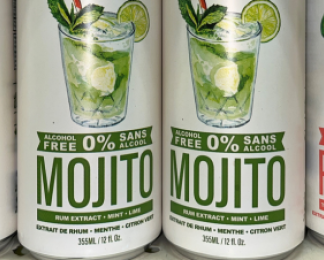
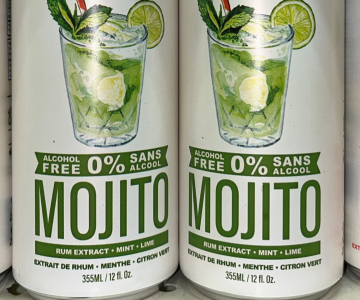
The holidays season offers opportunities to drink alcohol, and it can be easy to overindulge. Get tips on how you can drink less - and live more.
/stories/holiday-spirit-tips-drinking-moderation-season
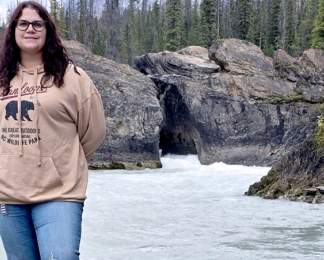
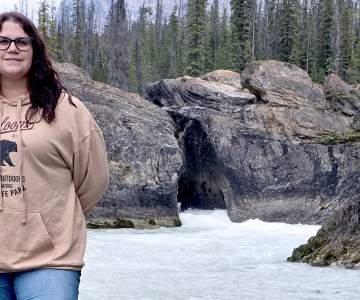
With the support of her mentors and coworkers, Niomi Wright found her true health-care calling as a care aide at Mountain View Lodge in Lillooet.
/stories/we-are-ih-care-aide-recognizes-value-mentors-and-colleagues


This holiday season, let's keep the roads safe for everyone. Give yourself and others the gift of peace of mind and don’t drive high. Here's why.
/stories/four-myths-about-driving-high-why-driving-and-cannabis-dont-mix
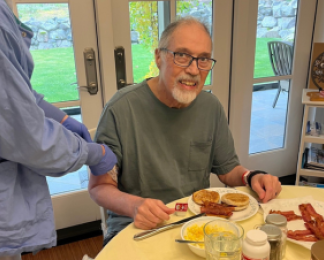
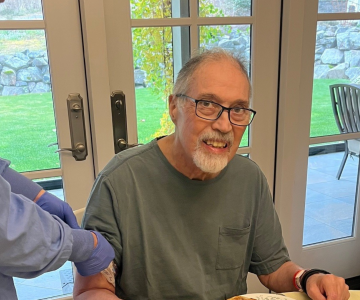
Patients like Tim, who spent 8 months at Kelowna Hospital, can now safely continue their care at home with daily visits, remote monitoring and virtual care.
/stories/hospital-home-making-difference-patients-lives


Naomi Jensen, Executive Director, Quality & Patient Safety, leads with purpose to drive safer, more inclusive care and inspire teams to create lasting change.
/stories/we-are-ih-executive-director-driving-safer-care


In December, transplant recipients give back to the health-care staff who see the tragic side of organ donation so they can meet people whose lives were saved.
/stories/operation-popcorn-moment-healing-transplant-recipients
Receive news, alerts, public service announcements and articles right to your inbox.
